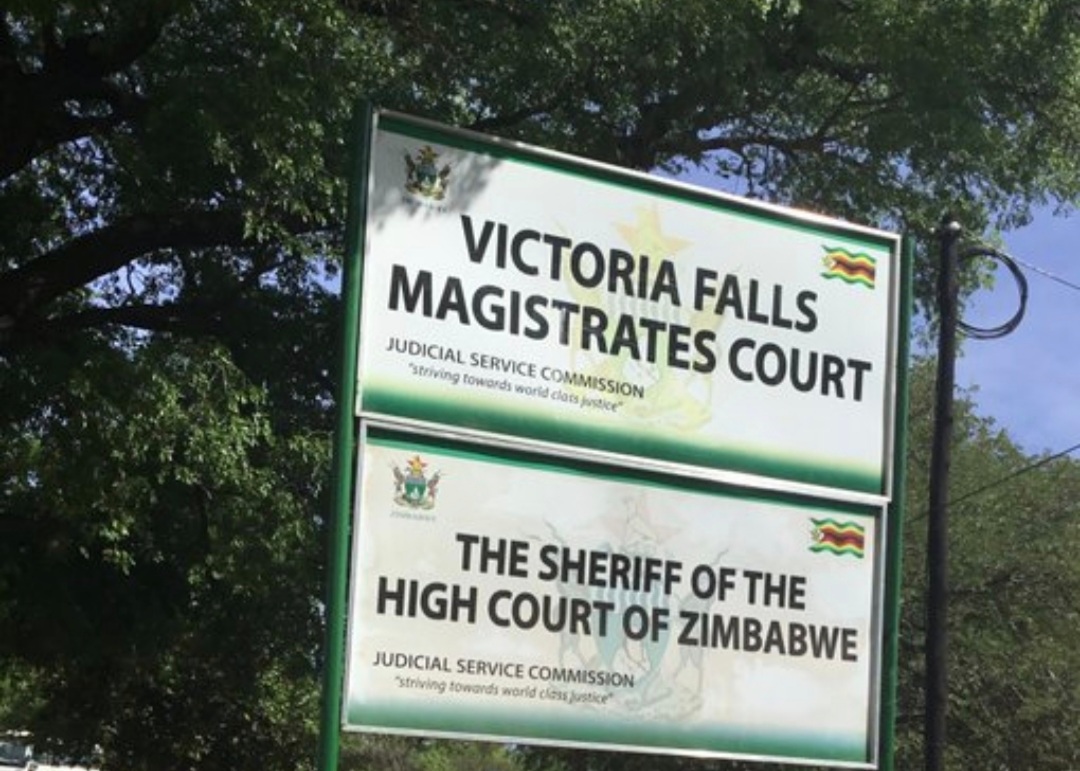BY MANDLA TSHUMA
The Judicial Service Commission (JSC) has lamented a high staff turnover in the organisation which it says attributes to the prevailing harsh economic conditions in the country.
The Zimbabwean economy has been deteriorating over the years, with the local currency continuing to weaken against major currencies such as the United States Dollar.
Officially opening the 2024 legal year at the Bulawayo High Court on Monday, Deputy Chief Justice Elizabeth Gwaunza the JSC’s activities were not smooth sailing throughout 2023. “Staff turnover remained a cause for concern,” she decried.
“The economic climate adversely affected the remuneration levels for the majority of the members of the Judicial Service. That inevitably led to a high staff turnover, especially in the lower ranks of the organisation.”
Gwaunza implored the government to continue supporting the JSC’s initiatives to ensure that the conditions of service for members of staff involved in the administration of justice continue to improve.
“Retention of experienced employees is integral to the efficient discharge of the JSC’s constitutional mandate,” said Gwaunza.
“Whilst the sterling work done by the JSC through the Secretariat in supporting the courts and by extension the financial support provided by Treasury is acknowledged, improvement of conditions of service of the Judiciary as a matter of priority remains consistent with the ideal of promoting constitutionalism.”
She said while the JSC is grateful for the support rendered by the treasury during the period under review, the timeous and consistent disbursement of funds would assist in ensuring effective justice delivery for all, and the completion of the outstanding projects.
This year’s theme is: “The role of the judiciary in entrenching constitutionalism.”
In light of that, Gwaunza said judges and magistrates must be agents of constitutionalism through observance of the principles that guide the Judiciary in terms of sections 164 and 165 of the Constitution.
“Judicial officers are the gatekeepers of the constitution,” she said.
“It is therefore imperative that their conduct remains lawful and beyond reproach at all times. It is the only way that the public will retain confidence in the Judiciary. Where there exists the unfortunate scenario of judicial officers whose conduct is reproachable and is in violation of the provisions of the Constitution or the Judicial Code of Ethics in the case of Judges and the Judicial Service Regulations and the Magistrates’ Code of Ethics in the case of magistrates, it will be inevitable that the relevant disciplinary measures will be invoked.
She added: “There is the grim potential to undermine constitutionalism by condoning or legitimising unlawful conduct by judicial officers which erode the outlined fundamental values and principles of the Constitution.

 Slider3 years ago
Slider3 years ago
 National4 years ago
National4 years ago
 Opinion3 years ago
Opinion3 years ago
 Tourism and Environment4 years ago
Tourism and Environment4 years ago
 National2 years ago
National2 years ago
 National3 years ago
National3 years ago
 National2 years ago
National2 years ago
 National4 years ago
National4 years ago



